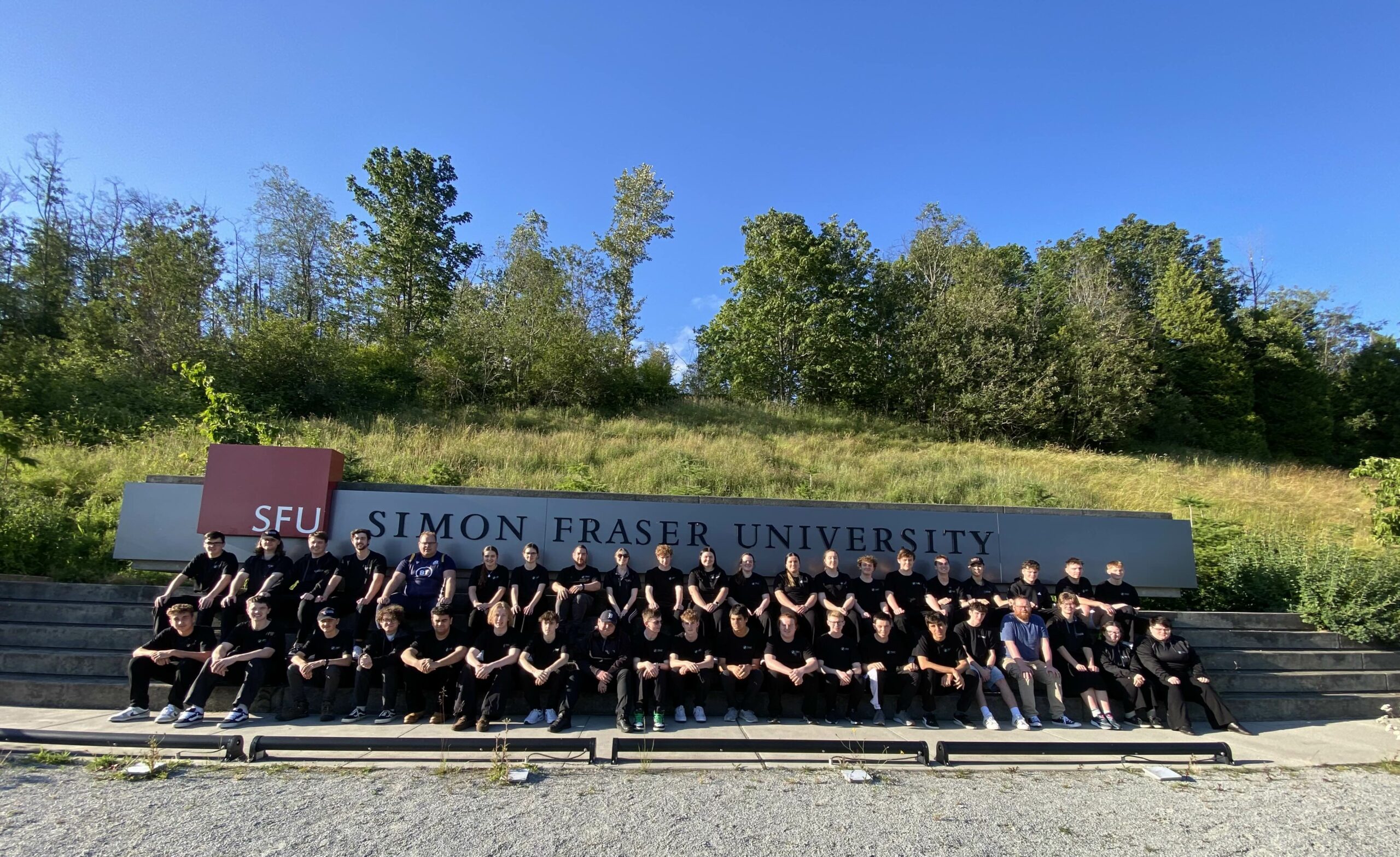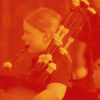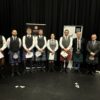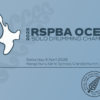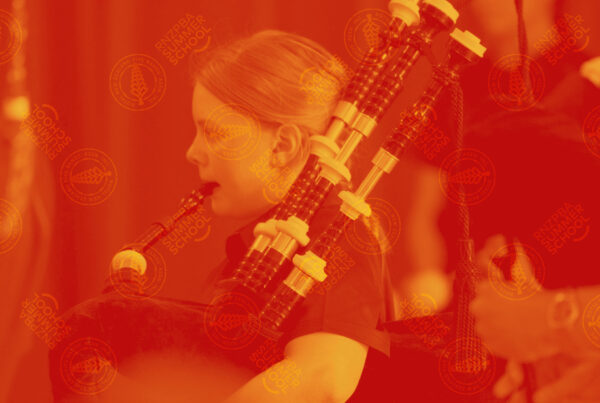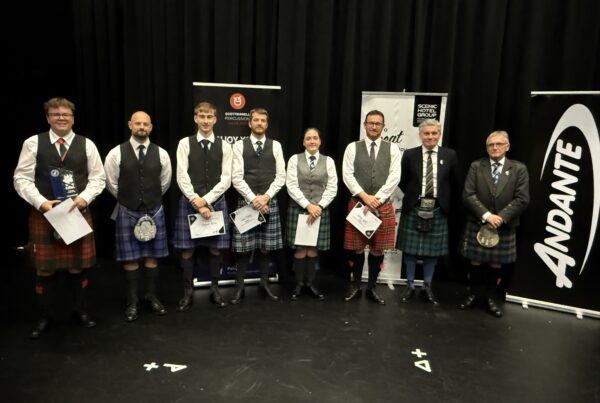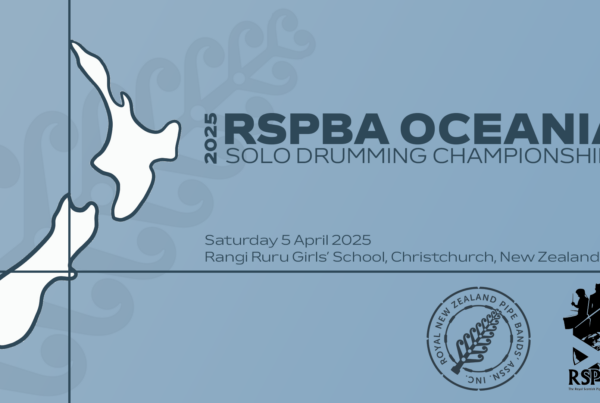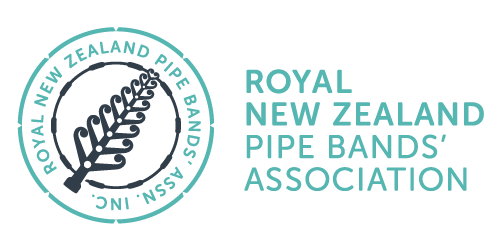As many will be aware, the National Youth Pipe Band of New Zealand travelled to British Columbia Canada in early July, to take part in the Penticton Highland Games, and to attend Piping Hot Summer Drummer (PHSD) at Silver Star Mountain Resort in North Okanagan. We spent some time with Education Group leader Geoff Hallberg, whose portfolio includes the youth band, to get an overview of the trip.
Our first question to Geoff – why Canada? “To expose YB members to the best teaching environment in the world, it’s an obvious choice. Ali Mackenzie really pushed this aspect. Where else can you get a tutor line-up including Stuart Liddell, Callum Beaumont, Steven McWhirter, and of course Jack Lee and Reid Maxwell? This is a very valid point. Not even in Scotland will you find tutor roster like this in a residential summer school.”
And so the tour party of 38 band members, four tutors and two administrators landed in Vancouver, where they immediately headed to Simon Fraser University Pipe Band HQ to collect a loaned set of drums (thanks to Kyle Wallis from SFU Pipe Band), then had a quick tune to check the pipes had made it in one piece, before heading to Best Western in Burnaby, about 20 mins by train from Vancouver. This was to be their home for a couple of days and the start of a very busy schedule, preparing for the competition and other engagements in Penticton so the tutors were keen to get maximum benefit from this time.
On the Thursday morning, the party took the five and a half hour coach ride to Penticton, which is in the Okanagan Valley of the Southern Interior of British Columbia, situated between Okanagan and Skaha lakes. Their arrival was much anticipated by the town, having been promoted quite heavily leading up to the games, and reminiscent of the reception of the Canterbury Caledonian PB received when competing there in the 1980s. The band settled into a solid regime of practice and rehearsal for the Friday evening concert, while being mindful of the heat, with temperatures hovering around the mid-20s to low 30s.
The concert was attended by close to 300 people, and the band was extremely well received, performing a full programme of competition and other music. This really set the scene for the following day at the Scottish Festival.
Piping and drumming solos in the morning, band events in the afternoon, and 36 degrees to contend with! Although not a huge contest, with just eight or so bands entered, the calibre of adjudicators was impressive, including Stuart Liddell and Steven McWhirter of Inverary & District Pipe Band, and Donald Lindsay (NY). In the solo drumming competition, youth band tutor Adam Alexander adjudicated, adding international experience to his resumé. Band members were well represented in the solo results.
Although the band was the only entry in Grade 2, and despite the hot and dry conditions, they performed to a high standard, and left a lasting impression on the spectating public. At the conclusion of the competition, they performed a short selection of concert pieces much to the delight of the crowd.
The next day, the band travelled up the banks of the Okanagan to Silver Star Mountain, about two and a half hours north of Penticton. Geoff describes the scenery as being “like the road from Cromwell to Clyde (Central Otago), but on a bigger scale”. A quick stop in Vernon for supplies, then on to the winter ski resort. The coach had just arrived when the first PHSD meeting started, and classes commenced, so not a lot of time to settle in. The “Instructors Concert” was scheduled for 7pm on Day 1, timed to light the fire in the students, and provide motivation for the rest of the week. All the instructors were involved, including the youth band tutors. This was an eye-opening experience for some, especially given the very high-performance levels by the top recitalists.
It was interesting to listen to Geoff about the overall structure of PHSD classes, and I wouldn’t be surprised if some of the features are transferred to the New Zealand Summer School in coming years. These include the 50 minute classes, but instead of students moving to the next class, they stay where they are, and the tutors move, minimising foot traffic around the campus, and the inevitable delays with packing up instruments, getting distracted, and even getting lost.
Another significant difference to our schools, PHSD as the name suggests, is about piping and drumming, and not solely band focussed, and in fact apart from concert night, pipers and drummers didn’t come together at any point, other than for dedicated band practice sessions, which were primarily for those students who attended as bands, of which there were six. While these practice sessions were taking place, there were plenty of other activities including piobaireachd lessons, a drop-in zone where tutors were available to work on any aspect requested, and Jack Lee was running RSPBA Qualification exams. Because ALL students stay on campus, they have a full morning (9am to midday) and afternoon (2pm to 5pm) sessions, without breaks, but with a two hour lunch adjournment. This worked very well as there were a number of parent / child combinations, all students, so the lunch break allowed families to have prepare and eat lunch without stressing over time.
Evening sessions tended to start at 7pm and varied daily, being more performance based than tutorial. For example, Monday evening was the Youth Band concert, Wednesday included a recital by Stuart, Steven and Callum, plus there were solo competitions for the Silver Star Cup – an open competition which was “extremely handicapped, allowing participation from beginner beginners to more capable players” says Geoff, “and Ralph Hunter from the Youth band won the piping competition, out of 49 competitors. It was interesting – me and Ali were in a room tuning drones as each competitor turned up, then they’d go down the hill to The Bulldog bar where the competition took place”. He continues – “The rule is – you get your drones tuned, turn up on stage, and play. If you touch your drones, you’re disqualified. It’s an even playing field – no one gets to tune their drones on stage”.
On the final evening, a ceilidh took place at The Bulldog, and included small groups playing, including a number of the younger members of the youth band. Friday morning was the wrap up, and the week of intense activity drew to a close. Then it was a matter of packing the coach and heading back to Burnaby. “The call was made heading back to Burnaby that there would be no more performances. It had been an intense 10 days of playing pipes and drums, but the final couple of days would be free for sight-seeing and chilling out” says Geoff. “A few of them went up Grouse Mountain and saw the bears, others pottered around the malls – it was just a time to relax”. A couple of days later, it was on the plane and back home.
I asked Geoff to try and summarise the tour in a sentence or two. He thought it might have been more appropriate for the director Ali Mackenzie to have made this summary, but eventually Geoff released his thought. “They were all professional; they were all rock stars of the pipe band world; they represented their bands, their families and themselves impeccably, and they were a pleasure to go on tour with.” And further – “Why would we do it again? To give the players exposure to some of the best players and best tuition on the planet. Yes – we should definitely do it again!”.
And Geoff’s final word – “What it showed was that we have some of the best tutors right here. They’re well respected internationally, and now the youth band members realise just how fortunate we are to have such a pool of teaching talent”.
“Its important to acknowledge at this point all those who supported the funding efforts to assist band member families in covering the cost of the tour, including The Pipe Band Foundation of NZ, the Third Panel and other individual supporters and contributors, plus the individual sponsors attained by each band member, the BOOSTED campaign and all its contributors, plus the fund raising projects including the Duck Race and Golf Ball Drop. Without all these collectively, the tour wouldn’t have happened. Thank you.” – Geoff
Penticton Solo Competition Results
Solo Piping Grade 3
Joel Wilden (3rd S&R, 1st Jig, 1st Grade 3 Aggregate)
Dylan Jones (2nd S&R, 2nd Jig)
Ralph Hunter (1st S&R, 4th Jig)
Solo Piping Grade 2
Sam Foot (1st MSR, 1st H&J, 1st Grade 2 Aggregate)
Tayla Eagle (2nd H&J, 6th MSR)
Lucas Patterson (4th H&J, 5th MSR)
Solo Snare Grade 3
Kaitlyn Braithwaite (1st 2/4 March, 1st 6/8 March, 1st Grade 3 Aggregate)
Solo Snare Grade 2
Peter Devery (1st MSR, 1st H&J, 1st Grade 2 Aggregate)
Georgia Eagle (2nd H&J
Solo Open Tenor
Rachal Holyoake (1st MSR, 1st H&J, 1st Open Aggregate)
Harry Justice (2nd MSR)
Ingrid van Riemsdijk (1st H&J)
